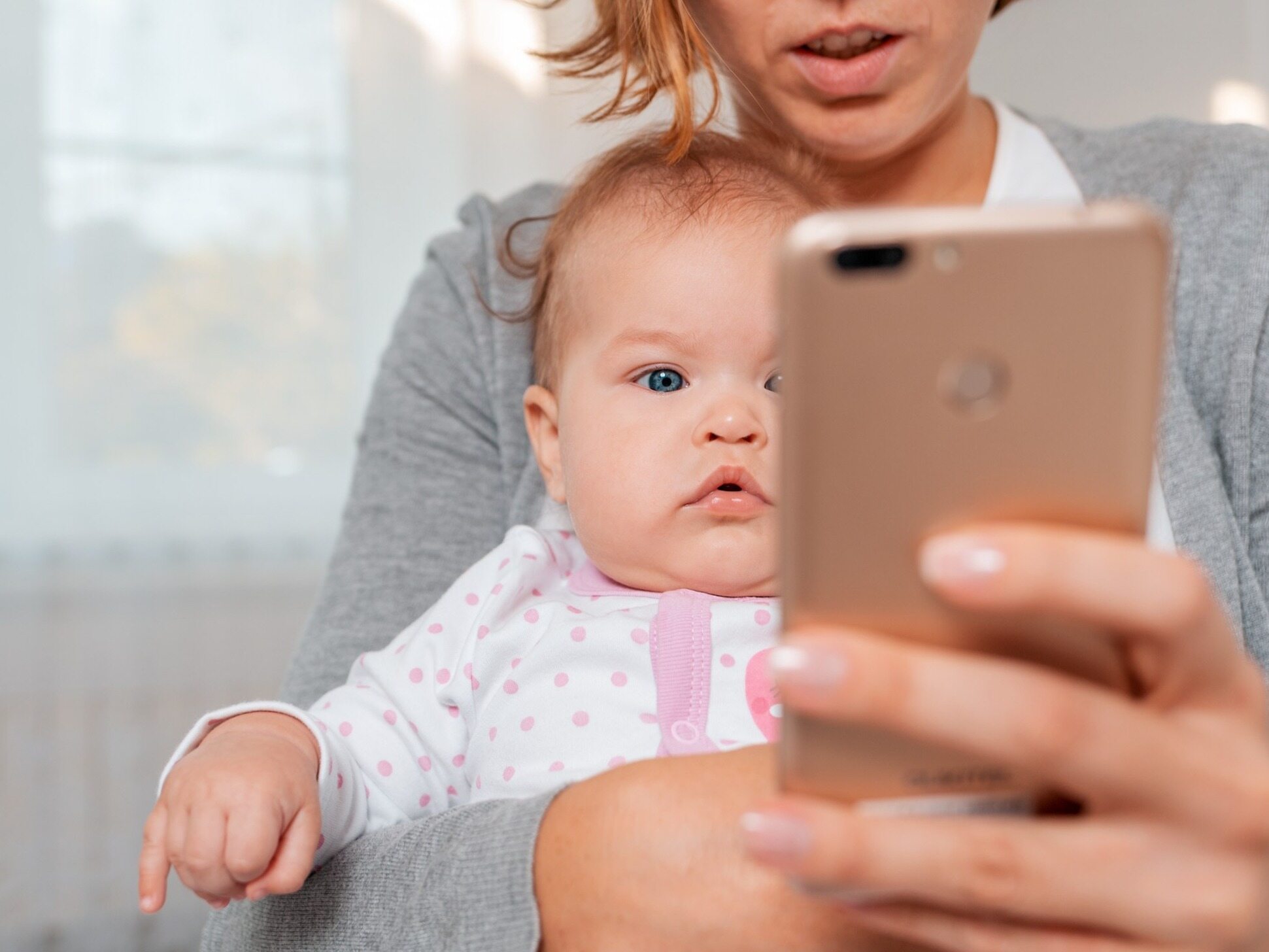What does a screen do to a child’s brain? The expert talks about delayed development

Delayed speech development, delayed intellectual development. You do this for your little child by giving him a smartphone or tablet.
We do not give screens to babies and small children at all, and they should be limited to the age of 12 – there is no doubt in Prof. Jagoda Cieszyńska-Rożek, psychologist, speech therapist from the Department of Speech Therapy and Developmental Disorders at the Pedagogical University of Krakow.
Do you give your child screens? You inhibit the development of important structures in the brain
Prof. Jagoda Cieszyńska-Rożek emphasized in an interview with Zdrowie PAP that by giving screens to young children, we build completely different connections in brain structures. – We inhibit the development of structures responsible for the formation of language, we do not activate the amygdala responsible for empathy, learning social behavior, but also for recognizing positive and negative emotions. The amygdala grows depending on how it is used, she calculated.
She added that exposure to screens inhibits the development of the frontal cortex, which is associated with understanding language and responsible for voluntary eye movements. – I look at what my mother calls, I look at what I named, whether my mother looked at it. It is thanks to the amygdala and frontal cortex that social skills are built. The constant use of high technologies causes disorders in motor development and motivation to move, which will affect not only the child’s physical development, but also cognitive and intellectual development, she added.
Using screens means delayed speech development and delayed intellectual development. – Even if the parents are educated and have a high IQ and the child has the potential to develop, it does not mean that its development will proceed properly. Development means that something is created, and something is created if the child is properly active. And activity in front of a tablet is not correct – the specialist has no doubts.
Child and screens. What does a child see on a smartphone?
– We must be aware that on the screen a small child does not see what we see, even when it is theoretically a drawing for a child: a cat, a dog, a flower. This is because these drawings are pure abstraction for him. The child must first see the dog before recognizing the schematic drawing and realizing that it is a dog running around the yard – explained Prof. Jagoda Cieszyńska-Rożek.
A flat screen does not have a three-dimensional, spatial effect. Therefore, what the child sees on it is an abstraction. – You need to talk to a baby in a stroller. But only in a stroller turned towards the parent, so that the child has face-to-face contact! First, a child must open up to his or her loved ones, and only then to the world. Parents tell me what a difference they saw when they turned the stroller – a six-month-old child finally started to pay attention to them – added the specialist.
She said one more important thing: until a child learns to talk, he cannot watch cartoons on TV. – The second piece of advice is not to talk to children, just talk to them, dialogue is the basis for language acquisition, social development and empathy. When we say syllables to a babbling baby, we give him time to respond and we build a dialogue. This will result in the fact that at school they will not have any difficulties in concentrating and reading with understanding. Many, but not all, screen children experience difficulties with counting. There are errors such as transposition of numbers and characters. Because calculation is also linear, she concluded.






